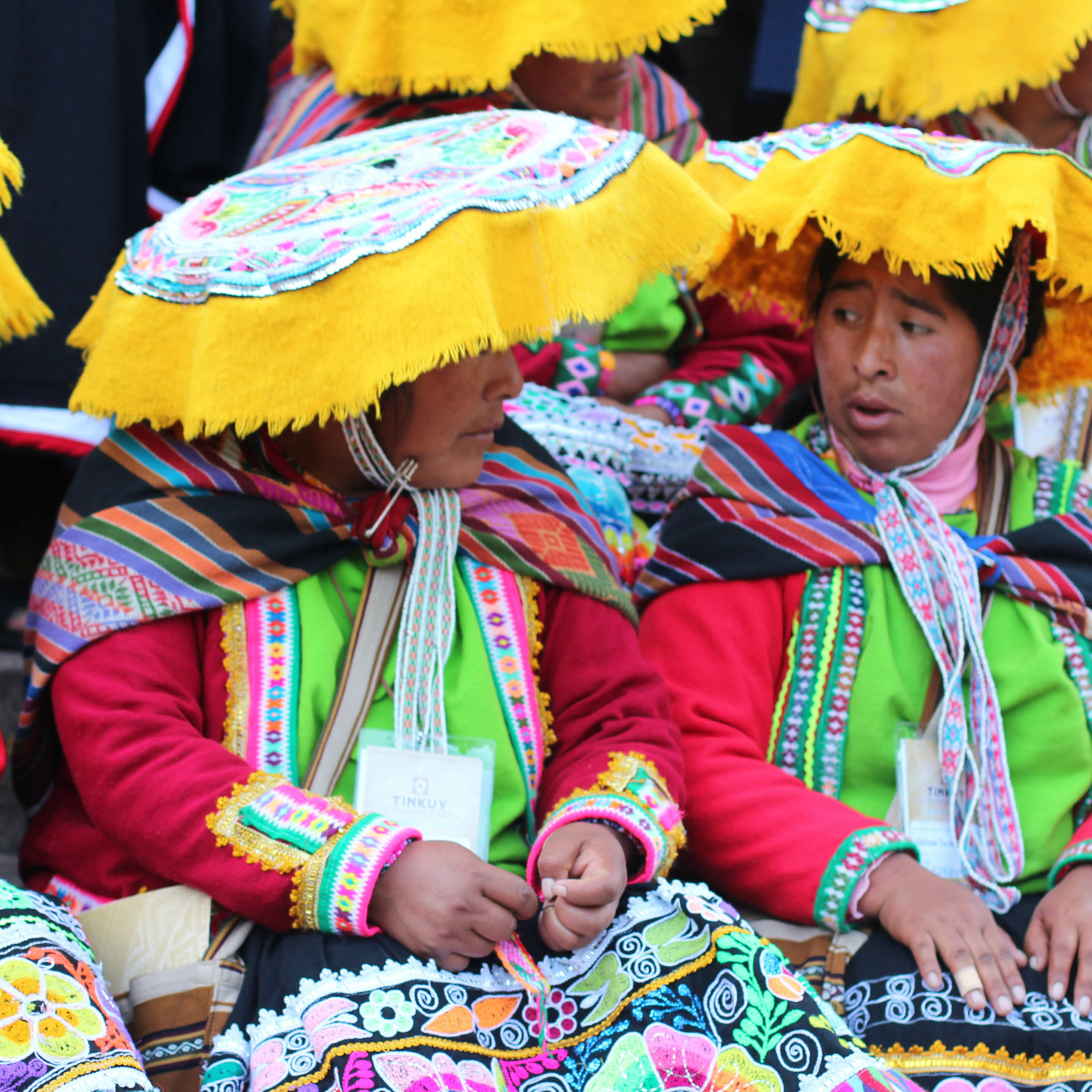Oct 18 2014 65 mins
SynTalk thinks about the concept and process of ‘knowing’ and tries to understand ‘how we know what we know’. What is common knowledge (lokavidya), and is it largely phenomenologically acquired? If science is born out of common knowledge, then how do counterintuitive concepts come to be known? The concepts are derived off / from Kant, Marx, Pramatha Nath Bose, Benoy Kumar Sarkar, Poincare, Zilsel, Conan Doyle, Popper, Polanyi, D’Ambrosio, McLuhan, Gettier, Febvre, Needham, Ellul, Monge, Vance Packard, Chomsky, Said, and Kancha Ilaiah, among others. How do we really know today that the sun is in the centre of the solar system, & links with Sherlock Holmes, realism, & positivism. How keeping earth in the centre became mathematically unwieldy. What is knowledge, reason, belief, and Justified True Belief (JTB)? How did hierarchy set in between (say) pottery and weaving? Is cognitive differentiation produced via social differentiation of labour? What is the impact of loss of agriculture as a form of life? Does / how artisanal knowledge lead to abstract knowledge, and what is the interplay between theory and praxis? How does media decide what is worth knowing (agenda setting), and is the internet selfish with a will of its own? How technologies produce skepticism. Does something exist if it is not on internet and big databases (why grant patent for neem)? What is ‘generalized calculus of all curves’ a product of, and is mathematics also embedded within social norms? The new modes of production of knowledge. Does more information on candidates change voter behaviour? Will knowing remain ‘centered’? Will all knowledge become some kind of folk epistemology (with limited ethnocentrism?)? The SynTalkrs are: Dr. Amit Basole (economics, University of Massachusetts, Boston), Prof. Dhruv Raina (history & philosophy of science, JNU, Delhi), & Dr. N. Bhaskara Rao (social sciences, media studies, Center for Media Studies, Delhi)
